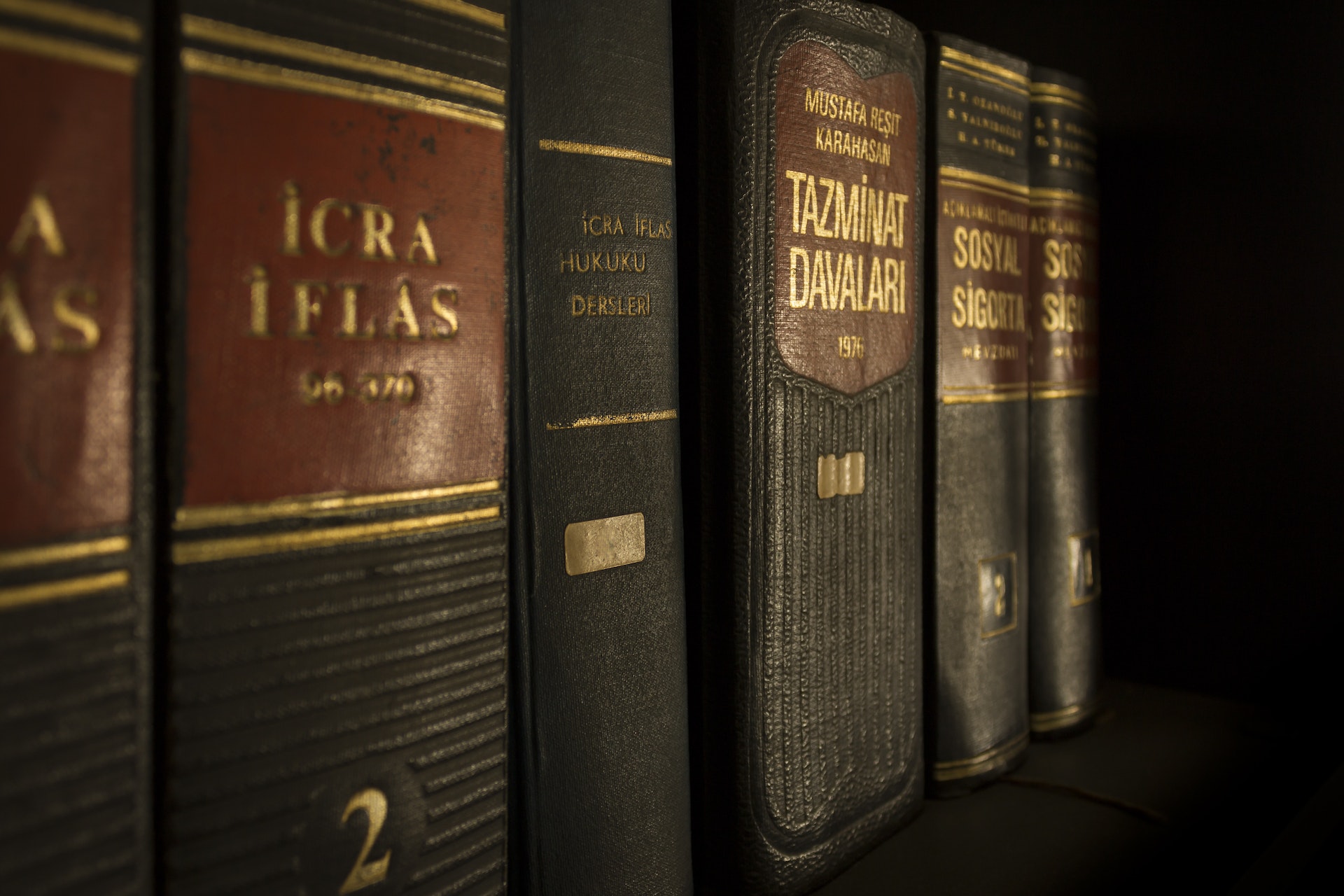What is trade libel or disparagement?
Trade libel occurs when a defendant publishes false statements about the quality of the plaintiff’s property or goods under circumstances that would lead one to reasonably foresee that a third party would be deterred from purchasing or leasing the property or goods. Trade libel is distinguishable from slander of title, a claim based on publishing false statements about the title of the plaintiff’s property. Despite using “slander” and “libel,” alleged statements under either claim may be written or made orally. Courts may also refer to trade libel as “injurious falsehood,” “disparagement of property,” “trade slander,” or “slander of goods.”
Need help with a trade libel? Schedule your consultation today with a top business litigation attorney.
What legal issues typically arise related to trade libel?
The following disputes are among the most common to trade libel:
- Making false claims about a food product’s ingredients or production process.
- Spreading rumors that a car dealership is selling faulty vehicles.
- Publishing fake customer reviews online to falsely claim that a merchant’s products are defective.
- Falsely misrepresenting the condition of a property.
- Publishing misinformation about the safety or efficacy of a pharmaceutical product.
What are relevant laws related to trade libel in Florida?
Both statutory law and common law govern trade libel claims. Statutorily, Section 95.11(4)(g), Florida Statutes, governs how soon a claimant may bring a trade libel action.
In Florida, courts have recognized claims for trade libel in many contexts. This case law has been critical in establishing what must be proven by the plaintiff and what defenses are available to the defendant in a trade libel case. For example, in Collier Cty. Publ’g Co. v. Chapman, the court ruled that the plaintiff’s compensable damages were limited to pecuniary damages and not those stemming from mental suffering or harm to reputation. 318 So. 2d 492 (Fla. 2d DCA 1975).
What is required to prove a case of trade libel in Florida?
The elements of a trade libel claim are:
- Defendant communicated to a third person;
- A statement disparaging the quality of the plaintiff’s property;
- The statement is untrue; and
- Defendant’s communication caused the plaintiff to suffer actual damages.
When a set of facts is appropriate to meet the requirements of trade libel, there are many paths a claimant may take. We are value-based attorneys at Jimerson Birr, which means we look at each action with our clients from the point of view of costs and benefits while reducing liability. Then, based on our client’s objectives, we chart a path forward to seek appropriate remedies, such as:
- Compensatory and punitive damages
- Injunctions
To see what actions may be available for your unique situation, please contact our office to set up your initial consultation.
What are common defenses to trade libel in Florida?
The primary defenses to trade libel in Florida include:
- Actual malice: Punitive damages may only be awarded in a trade libel claim if there was actual malice. A defendant may limit their liability by demonstrating a lack of malice.
- No damages: The defendant may claim that the plaintiff did not suffer any damages due to their disparagement.
- Statute of limitations: The defendant may argue that the two-year statute of limitations bars the plaintiff’s claim.
- Truthfulness: Though the falsity of the statement in question is part of the plaintiff’s prima facie case, the defendant may present evidence demonstrating that the statement is true or cannot be proven objectively false.
When defending against a trade libel claim in Florida, one core strategy is to focus on disproving the elements of falsity or damages by providing evidence of the statement’s truthfulness or that the plaintiff’s damages are non-compensable.
To see what defenses may be available for your unique situation, please contact our office to set up your initial consultation.
Have more questions about a trade libel-related situation?
Crucially, this overview of trade libel does not begin to cover all the laws implicated by this issue or the factors that may compel the application of such laws. Every case is unique, and the laws can produce different outcomes depending on the individual circumstances.
Jimerson Birr attorneys guide our clients to help make informed decisions while ensuring their rights are respected and protected. Our lawyers are highly trained and experienced in the nuances of the law, so they can accurately interpret statutes and case law and holistically prepare individuals or companies for their legal endeavors. Through this intense personal investment and advocacy, our lawyers will help resolve the issue’s complicated legal problems efficiently and effectively.
Having a Jimerson Birr attorney on your side means securing a team of seasoned, multi-dimensional, cross-functional legal professionals. Whether it is a transaction, an operational issue, a regulatory challenge, or a contested legal predicament that may require court intervention, we remain a tireless advocate every step of the way. Being a value-added law firm means putting the client at the forefront of everything we do. We use our experience to help our clients navigate even the most complex problems and come out the other side triumphant.
If you want to understand your case, the merits of your claim or defense, potential monetary awards, or the amount of exposure you face, you should speak with a qualified Jimerson Birr lawyer. Our experienced team of attorneys is here to help. Call Jimerson Birr at (904) 389-0050 or use the contact form to set up a consultation.

We live by our 7 Superior Service Commitments
- Conferring Client-Defined Value
- Efficient and Cost-Effective
- Accessibility
- Delivering an Experience While Delivering Results
- Meaningful and Enduring Partnership
- Exceptional Communication Based Upon Listening
- Accountability to Goals








